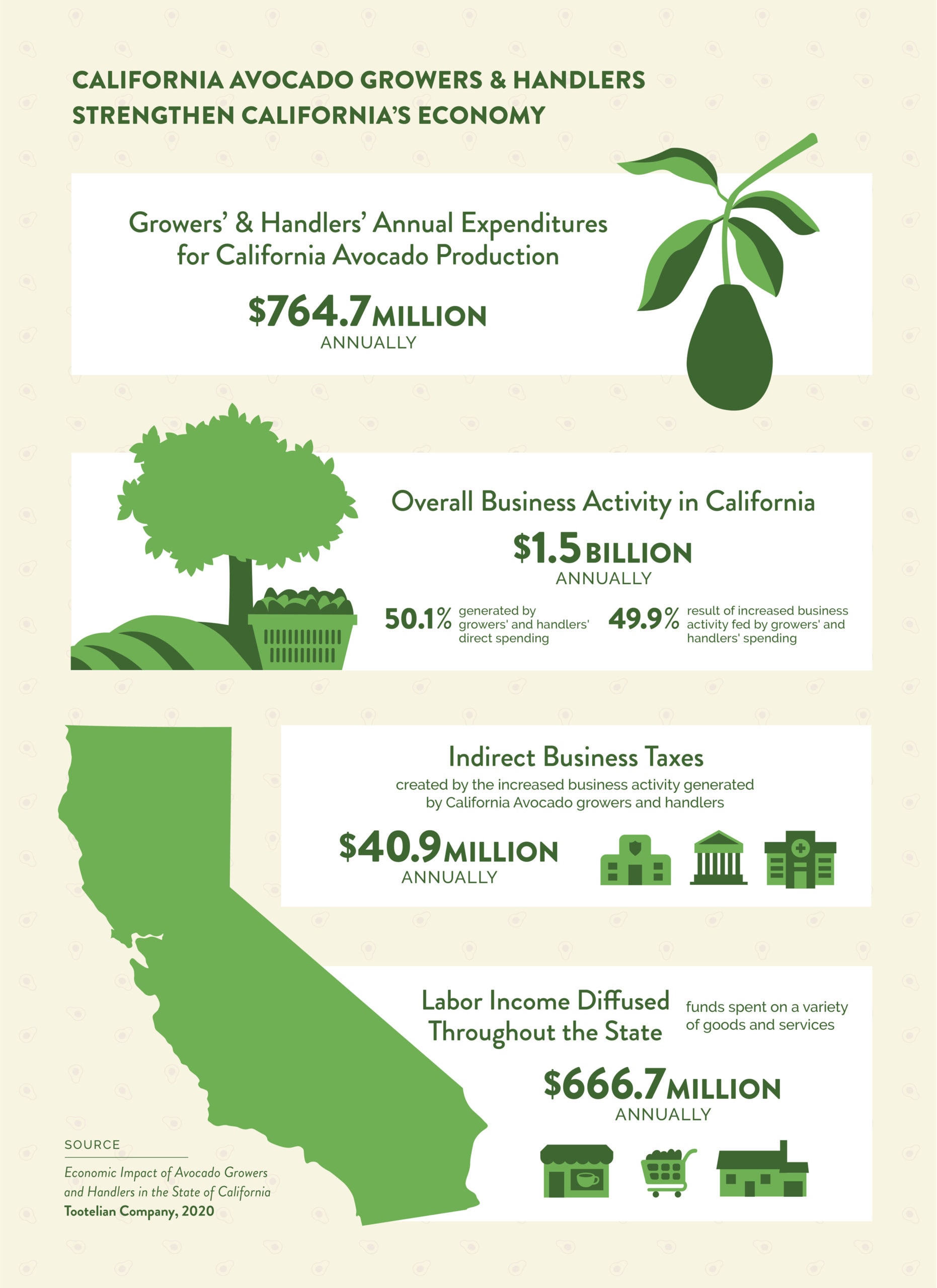While avocados have become a beloved food item, their environmental impact is a growing concern. The main environmental issues of avocado production include water usage, carbon footprint, and soil degradation. Like a lot of modern agriculture, most avocado plantations rely heavily on fertilizer and fossil fuels, contributing to rising greenhouse gas emissions. They have smaller yields than a lot of other. Avocados are good for your eyes, may prevent osteoporosis, and though further study is needed in terms of human testing, research has even shown them to be a potential bulwark against certain types of breast, oral, and throat cancers.
The production and consumption of avocados can have environmental implications, including water usage and deforestation. Its important for private avocado owners to consider the environmental impact of their avocado cultivation. Avocados have a moderately negative impact on the environment. They use nitrogen fertilizer and have moderately high irrigation requirements. They also need a lot of land to grow and use plastic packaging. In this article, we will examine the environmental impact of avocados from several different angles. Like a lot of modern agriculture, most avocado plantations rely heavily on fertiliser and fossil fuels, contributing to rising greenhouse gas emissions. They have smaller yields than a lot of.
Is This The Person Behind The Miss Carrie June Data Breach? You Decide.
The Juicyjoycey Leak That's Got Everyone Talking – You're Missing Out!
Is Natalie Roush's OnlyFans REALLY This Daring? Experts Weigh In.
